The Goods Tube offers a fresh approach to giving
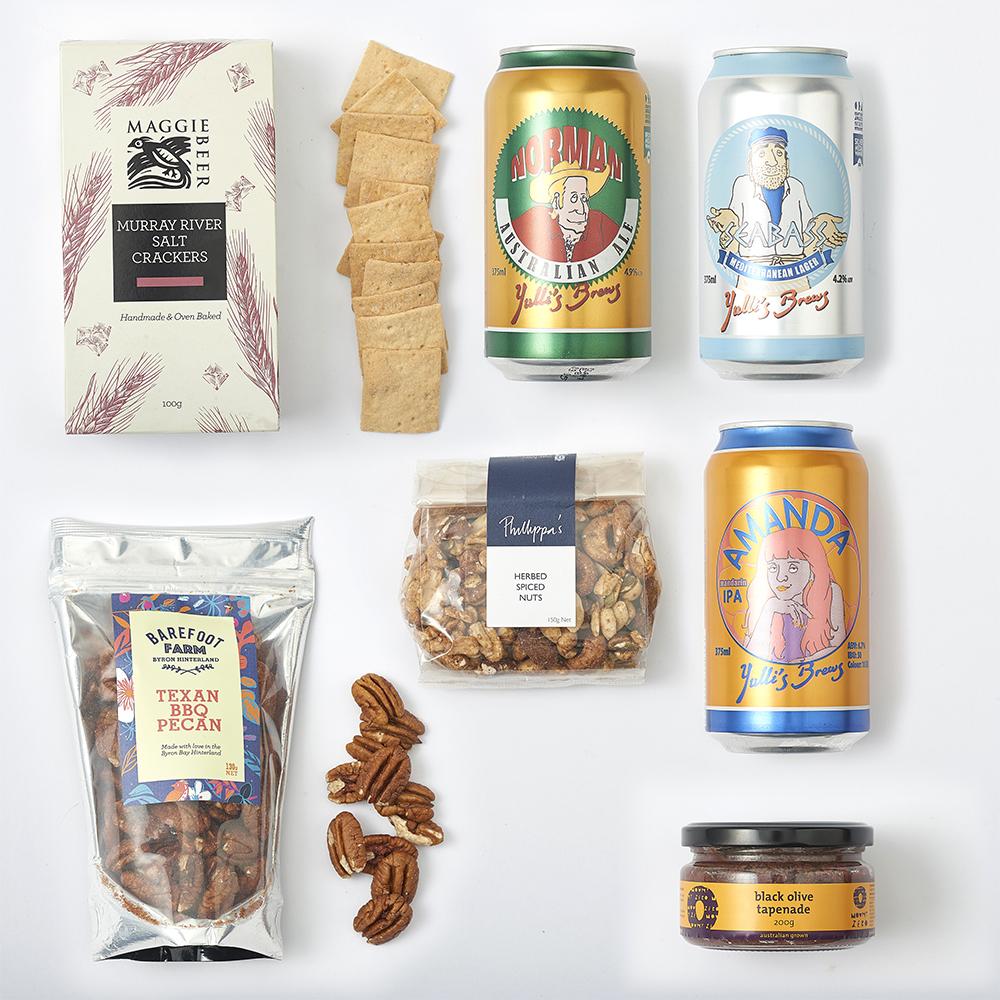
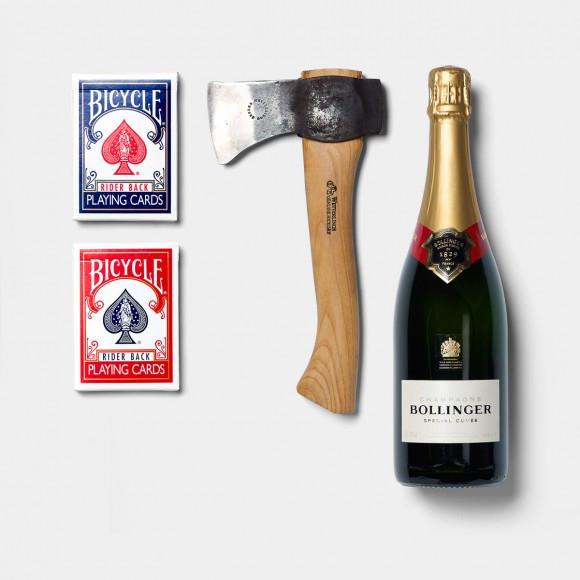



Every January brings a fresh sense of motivation. A chance to reset, refocus and feel better in your body and mind. But ...
Magazine Men.com.au
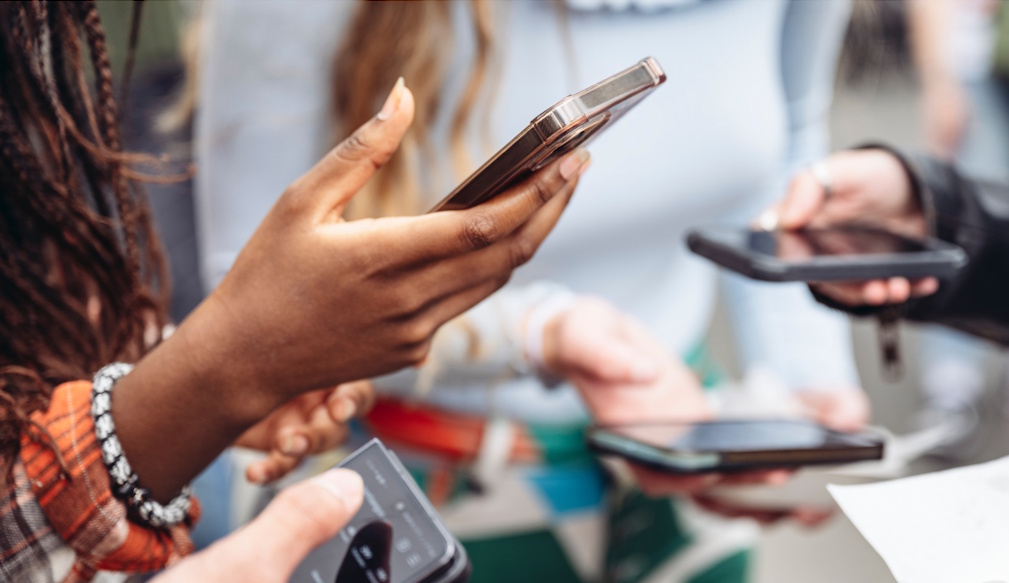
The Federal Government’s push to ban under-16s from mainstream social media is shaping up to be one of the most disr...
Magazine Men.com.au Analysis
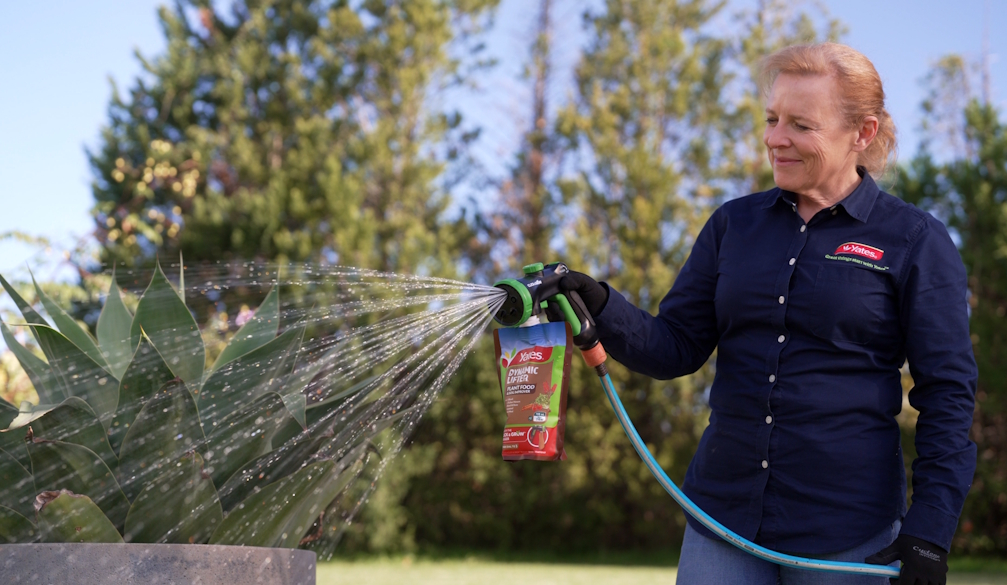
If you love the idea of watching something grow (apart from your to-do list), want to help your mum with the best cu...
Gift Guides Men.com.au

Italian escapologist and illusionist, Andrew Basso has more than a few tricks up his sleeve, when he takes to the st...
Magazine Men.com.au

As Christmas creeps closer and summer settles in across Australia, the race to find the perfect gift for the men in ...
Magazine Times Media
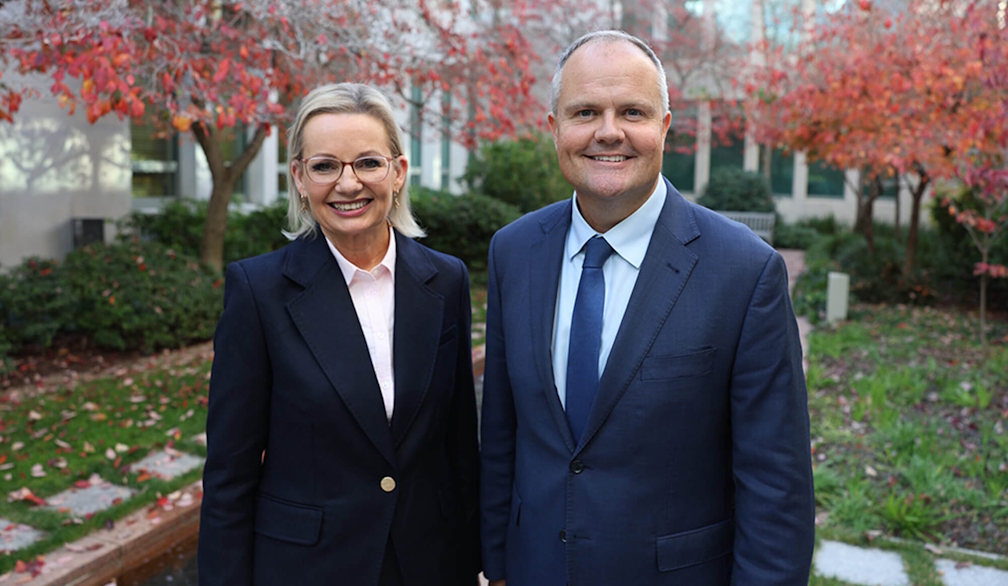
Why the Coalition’s Shift Away Could Save Australia 💡 The Net Zero Dream That Became a Living Cost Nightmare “N...
Australia Times Media
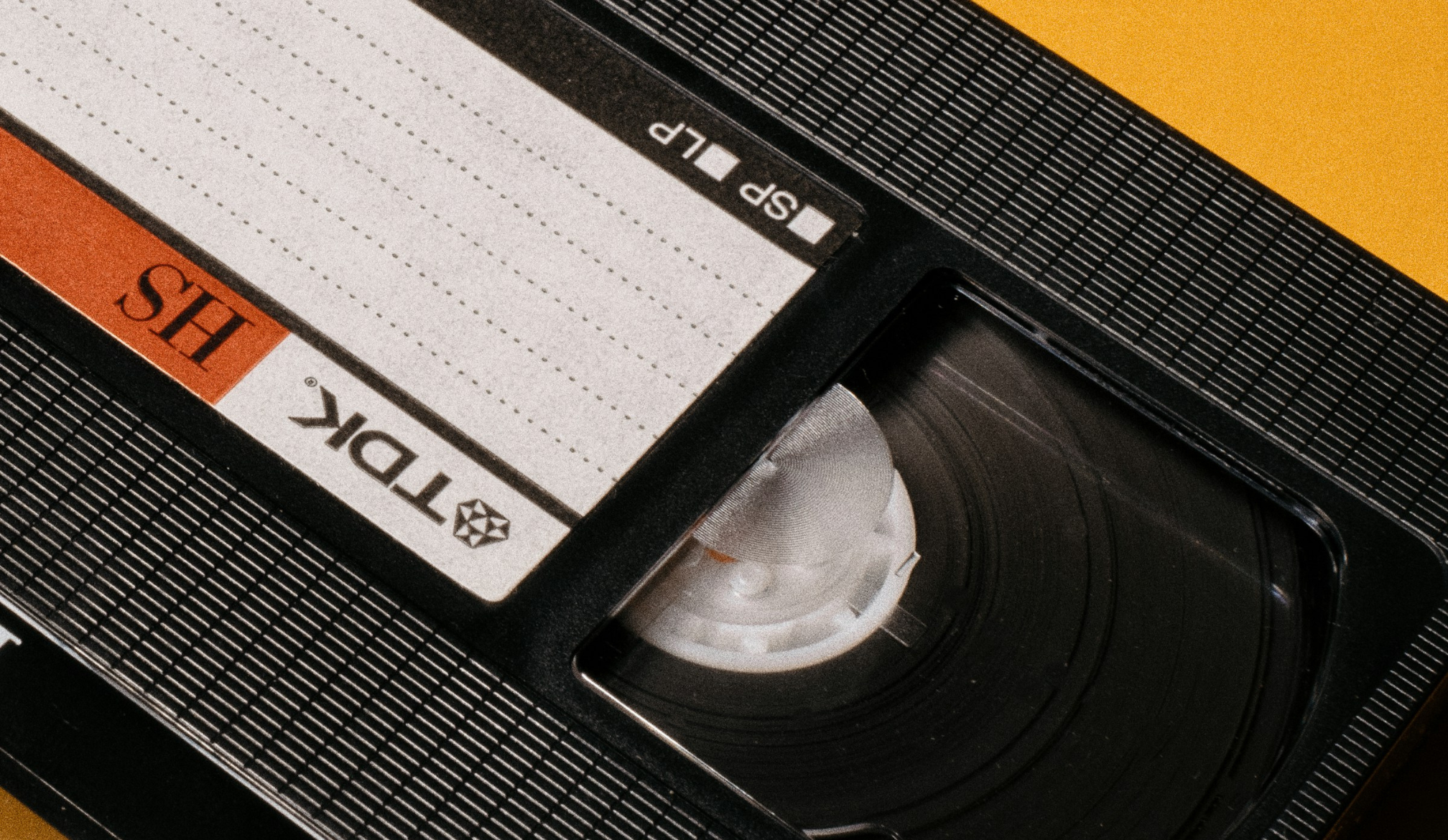
Remember the family holidays you filmed on VHS, or that box of MiniDV tapes from your uni days? Chances are they’re sitt...
Technology Men.com.au
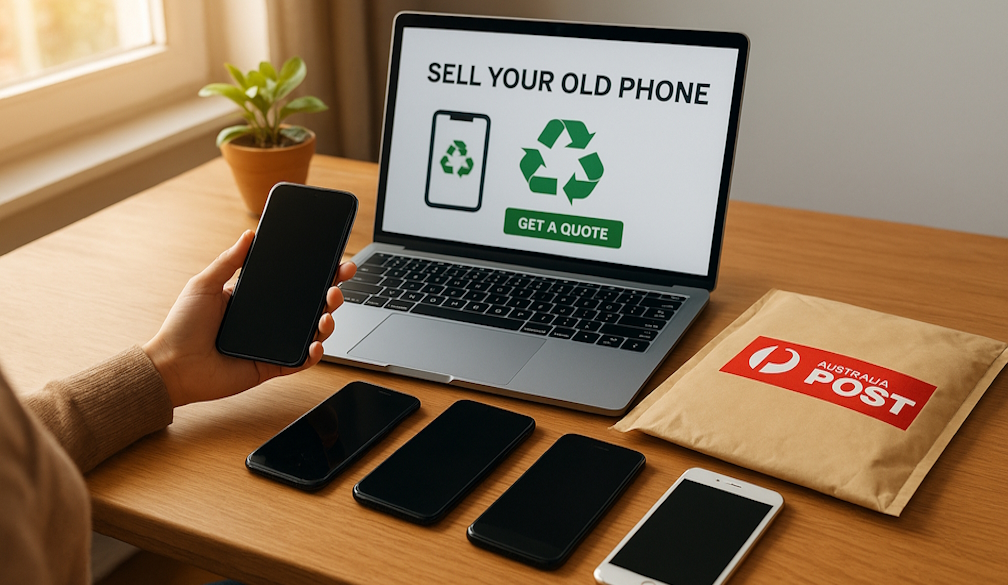
Have an old phone lying around that’s just collecting dust? You’re not alone. Thousands of Australians upgrade their sma...
Shopping Men.com.au
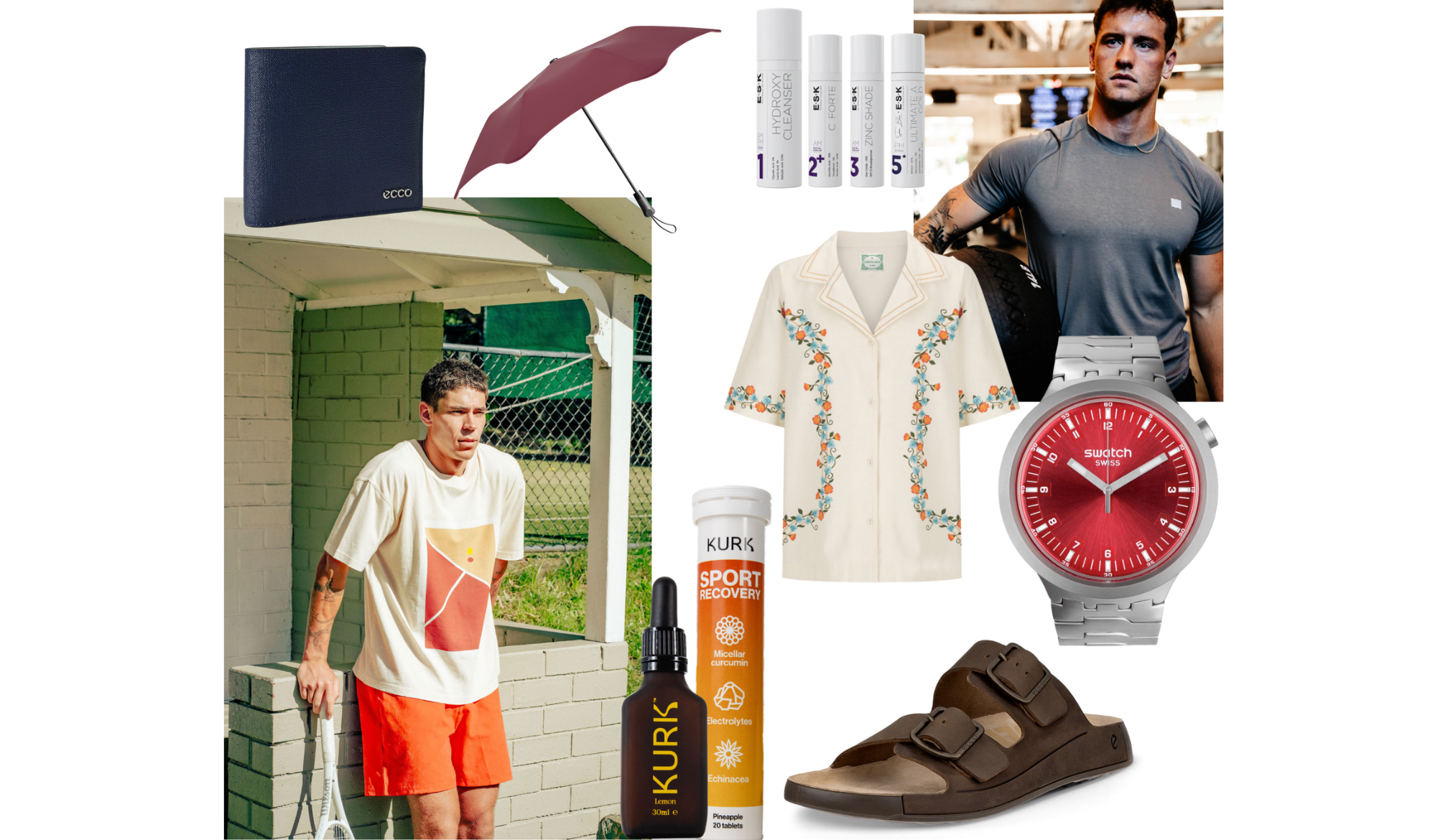
This holiday season, we’re spotlighting a new kind of masculinity - where effortless style, everyday performance, and we...
Gift Guides Men.com.au